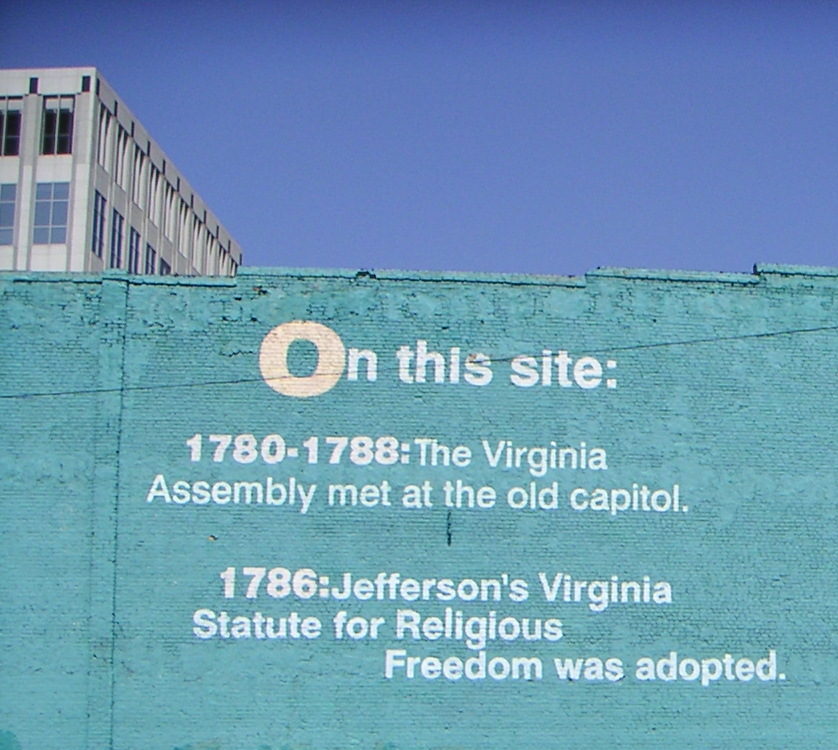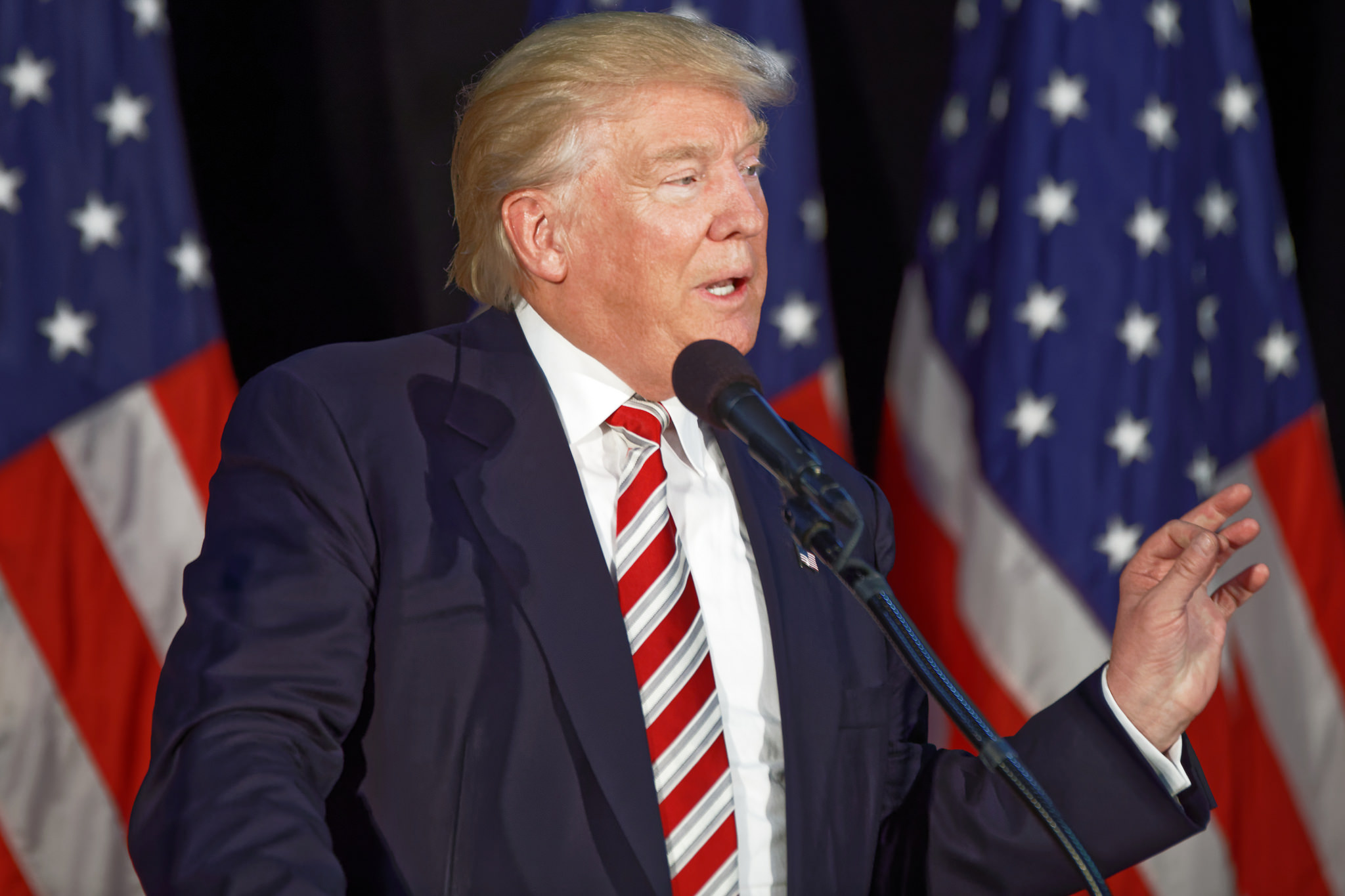On Thursday, Wal-Mart announced that the company will begin increasing its starting hourly wage to $11 and dishing out bonuses to store employees, citing the passage of the tax overhaul from the Trump Administration. The nation’s largest employer is making a staunch effort to remain competitive in a tightening domestic labor market as the economy grows. This move comes just weeks after President Donald Trump signed the Tax Cut and Jobs Act into law.
The wage increase will be effective in February and will cost the retail giant nearly $300 million on top of pre-planned annual wage hikes. According to Bloomberg, a one-time bonus of up to $1,000 is based on seniority in the company and will amount to an additional $400 million. Furthermore, Wal-Mart is also expanding its maternity and parental leave policy and adding adoption benefits (up to $5,000) to its competitive employee package.
Wal-Mart has fought against public perception in recent years to improve its image in the United States as it has fought back against criticism over its treatment of employees. The tax overhaul from the Trump Administration slashed the corporate tax rate, leaving companies more room to increase employee morale with bigger wage increases and bonuses. With the wage hike and employee bonuses, the retailer is attempting to become more competitive with Target has the pay gap between the two narrows.
President Trump’s Tax Cut and Job Act cuts the corporate rate to 21 percent from 35 percent. Although it is somewhat higher than the original proposed corporate rate of just under 20 percent, it results in a massive gain for American-based companies. The bill also repeals the alternative minimum tax on corporations. Just hours after the tax overhaul was signed into law, Wells Fargo and AT&T announced minimum wage increases to $15 an hour and holiday bonuses of up to $1,000 for workers.
Since President Trump took office, the Dow Jones Industrial Average has hit 70 record highs and the S&P 500 ending with 52 record highs. Dow futures have been above 18,500 since election day 2016 and the U.S. stock market has not faltered in the Trump-era. The S&P 500 is up 21.1 percent since the 2016 election, while the Dow has gained 28.5 percent in that period and the Nasdaq Composite is up 30.3 percent, according to Reuters.
Consumer confidence is at an all time high. The black unemployment rate is at 6.8 percent – its lowest on record since the Bureau of Labor Statistics began reporting in 1972. Overall unemployment is at 4.1 percent.
So…is trickle-down economics actually working?






